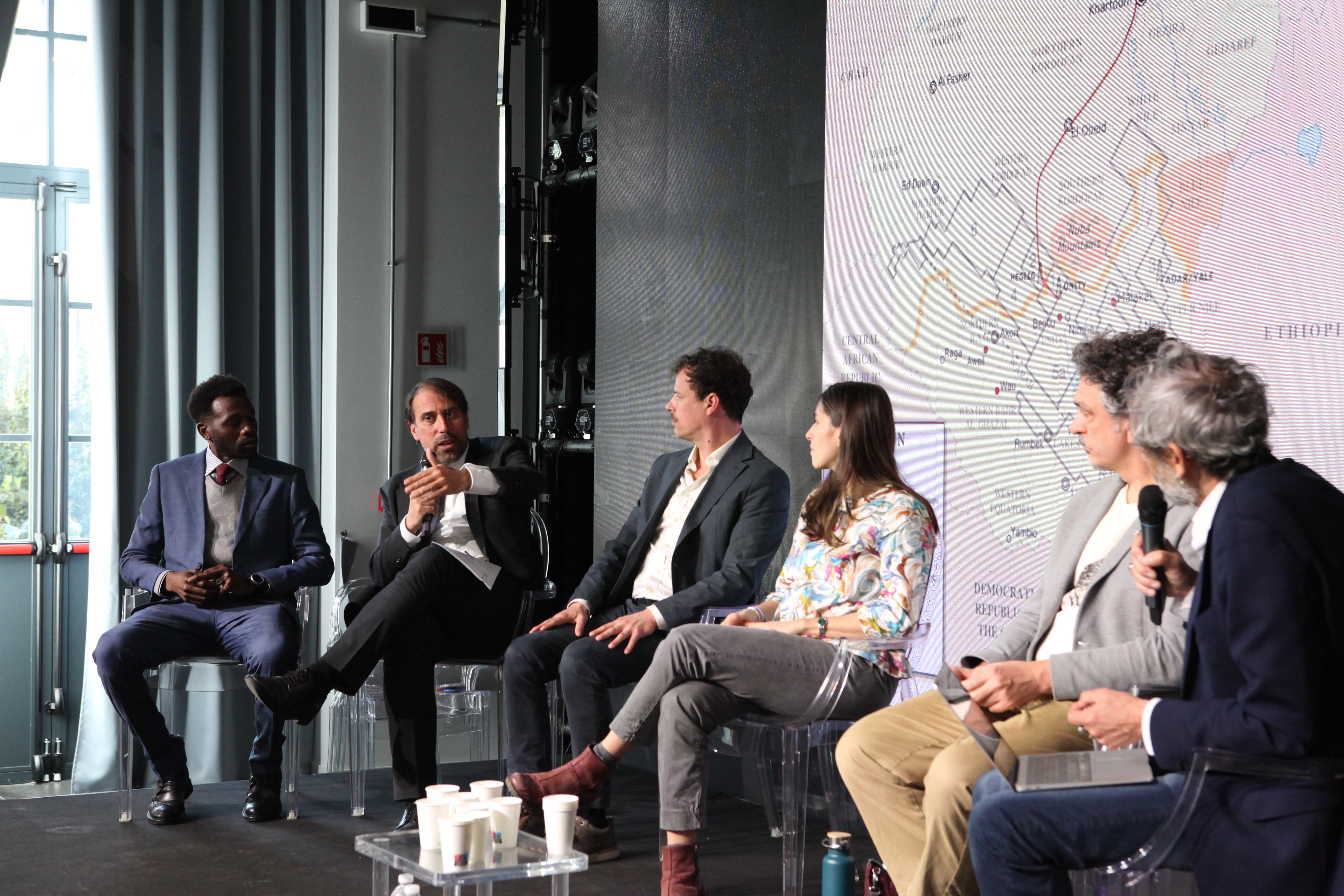“In the Sahel and the Horn of Africa, Italian Cooperation adopts an integrated approach that combines humanitarian aid, development, and peace dimensions (the triple nexus) with the aim of addressing not only the immediate needs of the populations, but also fostering long-term impact.” This was emphasized by AICS Director Marco Riccardo Rusconi during his talk titled “Cooperation as an Antidote to Crises?”, part of the panel discussion “Geopolitics and Instability: Challenges and Future Scenarios in Strategic African Regions,” held on the final day of the “Dialogues on Africa 2025” in Milan.
“The initiatives of Italian Cooperation promote the strengthening of local authorities and civil society (localization principle), income generation, and medium-to-long-term sustainability, with particular attention to women, youth, internally displaced persons, and host communities, in a perspective of conflict prevention and mitigation. With a strong focus on inclusion and resilience, these initiatives are laying the foundations for lasting peace and shared prosperity, making cooperation an effective tool to tackle global challenges,” Rusconi added.
According to the AICS Director, “Africa has always been a priority for Italian Cooperation, and even more so now with the Mattei Plan, which has broadened the scope of collaboration through multi-stakeholder partnerships and brought other donors on board around Italy’s flagship initiatives. The new Three-Year Programming Document has increased the number of African countries where interventions are planned on a stable basis, encouraging the synergistic involvement of all cooperation actors—public and territorial bodies, CSOs, universities, and enterprises.”




